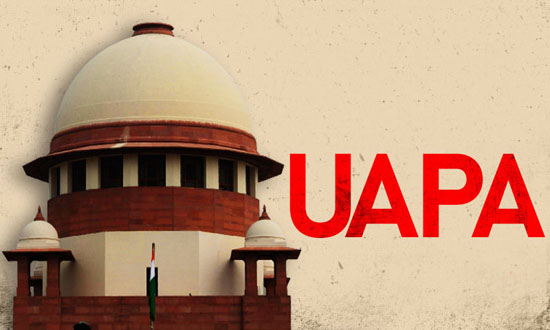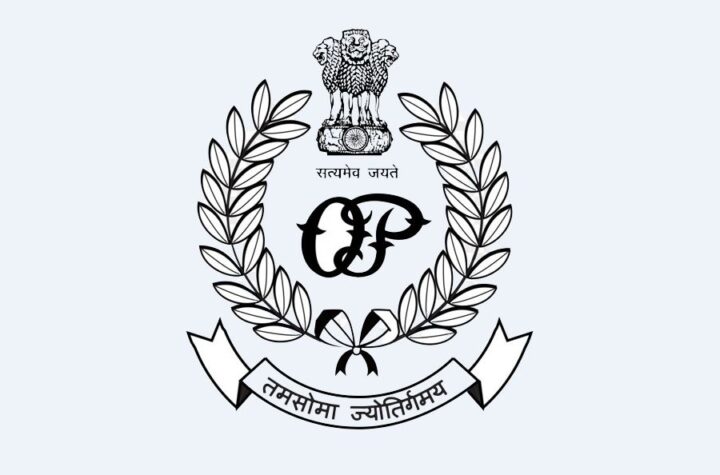The Bombay High Court’s decision to grant default bail to lawyer-activist Sudha Bharadwaj is welcome, even if it comes after three long years of incarceration without trial. The High Court must also at the same time turn the spotlight on the prolonged imprisonment -also without trial – of those accused under the UAPA in the Elgar Parishad case. The plea of eight other accused who applied for bail on similar grounds – that an additional sessions court in Pune did not have the jurisdiction to extend their custody – was rejected. The NIA has already moved the Supreme Court against the bail to Bharadwaj. The Bhima Koregaon/Elgar Parishad case is the most prominent example of what has become the standard “process as punishment” in UAPA cases. The state has tenaciously opposed all bail pleas of the accused, even if some of them were ailing, or vulnerable to Covid-19. The Bombay High Court granted medical bail to poet Varavara Rao in February this year, but only when his health deteriorated sharply. The incarceration and death of Father Stan Swamy in custody – despite his fervid pleas for release – remains a blot on the judiciary’s record in post-independent India. While the SC has several times reiterated the “bail, not jail” norm, and several judges have spoken eloquently for the personal liberty of the citizen, in UAPA cases the disturbing, but definite pattern is that the courts are seen to be weighing in favour of the state. Indeed, the Supreme Court’s own judgment in the Watali case has led to bail becoming
near-impossible under the UAPA, as it held that courts must accept the state’s case without examining its merits even in bail pleas.
But as the heavy hand of the state continues to recklessly wield the UAPA against journalists, lawyers, and even those who cheer for the “wrong side” in cricket, several recent judgments and pronouncements hint at a rethink by the judiciary. Earlier this year, the Delhi High Court, while granting bail to anti-CAA-NRC activists Natasha Narwal, Devangana Kalita and Asif Tanha, sought to raise the bar for UAPA in denying bail, but the Supreme Court stepped in to say it will not be treated as a precedent. Lower courts in Assam, too, have granted bail to those arrested under UAPA for social media posts that allegedly supported Taliban’s victory in Afghanistan. There has been several judgments on similar lines. The judiciary must continue to hold the state and its law enforcement agencies to account.











More Stories
LS elections: 4th phase polling records 63 pc turnout
‘Still poor country’: India going to become third largest economy in world
Viksit Bharat, Viksit Odisha: PM Appeals to State People to Vote for BJP